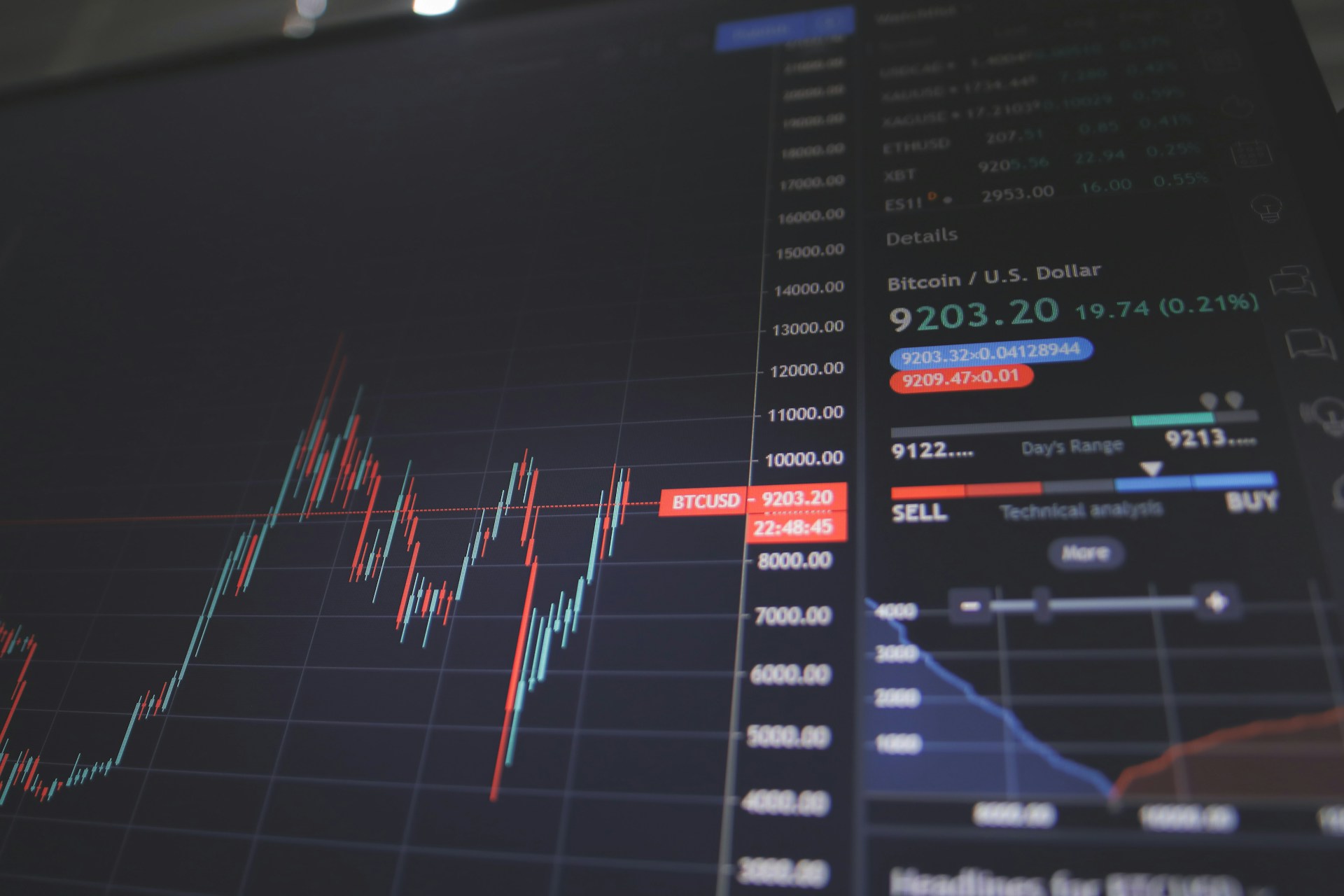
Financial Awareness starts here!
🧺 Exchange-Traded Funds (ETFs)
What they are: Baskets of assets (like stocks or bonds) that trade on exchanges like individual stocks. Basically its built like a mutual fund yet is traded like stock.
Why people like them:
Low fees compared to mutual funds.
Easy to buy/sell throughout the day.
Great for diversification—one ETF can give exposure to hundreds of companies.
Popular types:
Index ETFs (e.g., S&P 500)
Sector ETFs (tech, energy, etc.)
Dividend ETFs
Bond ETFs
Pros:
Diversification: One ETF can give you exposure to dozens or even hundreds of assets, reducing risk.
Low Costs: Most ETFs are passively managed, so they typically have lower expense ratios than mutual funds.
Accessibility: You can start investing with just the price of one share—no big minimums required.
Cons:
Limited Control Remember you’re buying a basket of assets, so you can’t pick and choose individual companies like stock.
Trading Costs: While some brokers offer commission-free trades, others may charge fees. Also, bid-ask spreads can add hidden costs.
🏦 Mutual Funds
What they are: Professionally managed pools of money that invest in a mix of assets.
Key features:
Priced once per day (not traded like stocks).
Can be actively or passively managed.
Often have minimum investment requirements.
Pros:
Hands-off investing with professional management.
Good for retirement accounts (like IRAs or 401(k)s).
Cons:
Higher fees than ETFs.
Less flexible trading
📊 Individual Stocks
What they are: Shares of ownership in a company.
Why invest:
Potential for high returns.
You can pick companies you believe in.
Risks:
Volatile—prices can swing wildly.
Requires research and monitoring.
Best for:
Investors who want control and are comfortable with risk.
🧠 How to Choose
If you want simplicity and low cost: ETFs are a great start.
If you prefer professional management: Mutual funds might suit you.
If you want to build your own portfolio and are okay with risk: Try individual stocks.
Intro To Investment Types
A Good all around option that gives a higher rate of return than a mutual fund, but less than stock.
Good for those new to investing and wanting to see growth over time.
Good for those seeking a higher rate of return, and ok with risk.
The information shown above is to provide a brief overview of the various investment options that are available, but keep in mind that we always recommend consulting with a professional prior to making any investments.
